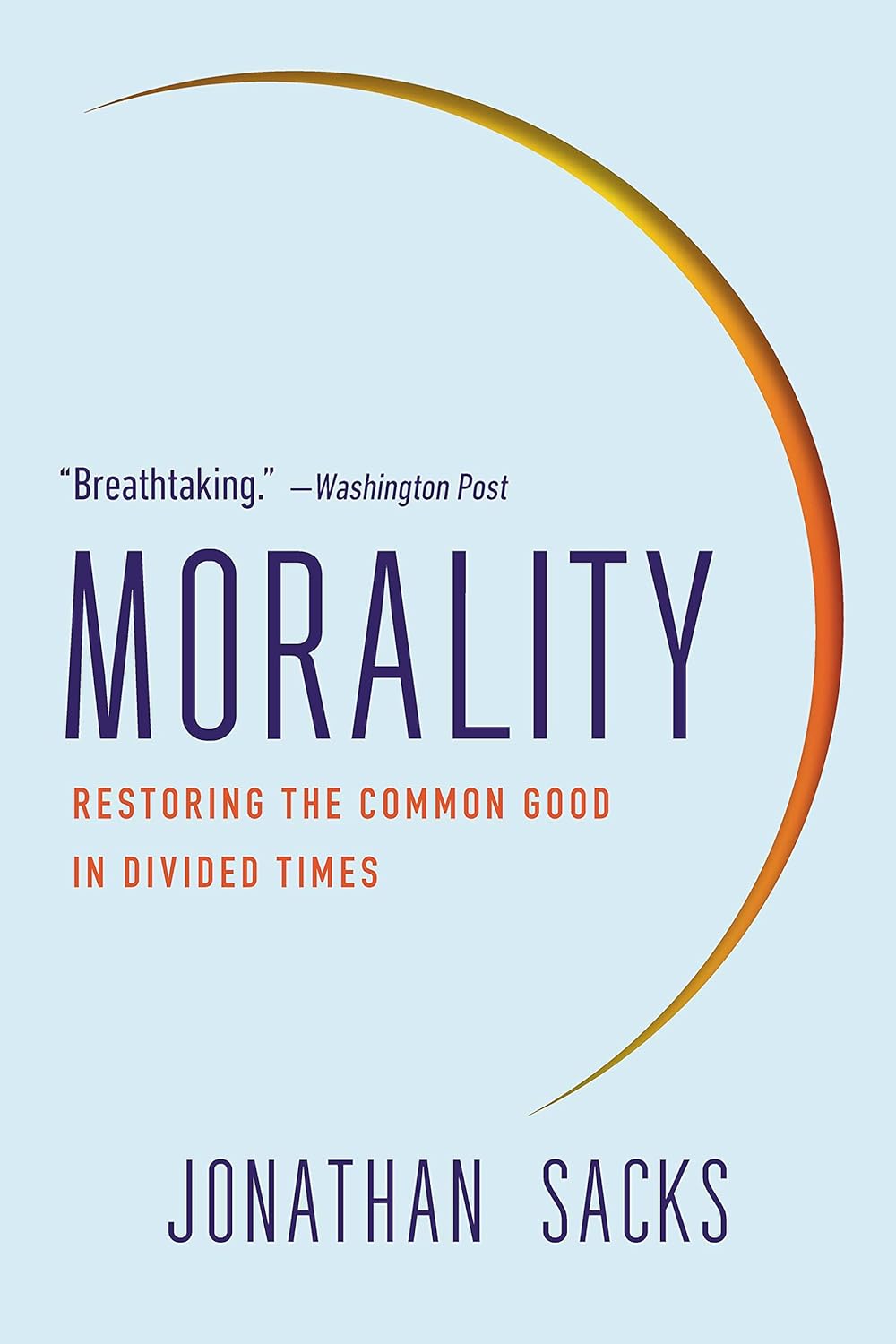Forming Moral Leaders for the 21st Century

My undergraduate course at Vanderbilt this fall is titled “Moral Leadership, Virtue, and Character in American Life.” Human institutions and systems are unable to function effectively without formal leadership. However, if those chosen to lead do not have character and moral authority, then their leadership will prove to be problematic over time. This fall we are exploring the concept of moral leadership in our culture and how it always involves certain core pillars including finding a purpose, the ability to inspire and care for others, claiming personal values, and the willingness to recognize that not every issue is black and white. Nuance is often necessary. Issues are complex. Emotional Intelligence (EQ) is a big part of the formula. EQ is a skill that can be developed and enhanced. Many leaders lack self-awareness, the ability to self-regulate, listen, show empathy, and make constructive changes based on the feedback of others. One of the primary concerns in American society today is that character formation has been largely neglected and many of our “public servants” only care about holding on to power at all costs.
Rabbi Jonathan Sacks defined morality in the following way: “a concern for the welfare of others, an active commitment to justice and compassion, a willingness to ask not just what is good for me but what is good for all of us together.” Therefore, moral leadership always involves moving beyond self-interest and making difficult decisions that are in the best interest of the common good. This is a skill set that is developed over time. Sacks is very clear about what happens in the absence of moral leadership: “The market will be merciless. Politics will be deceiving, divisive, confrontational, and extreme. People will feel anxious, uncertain, fearful, aggressive, unstable, unrooted, and unloved. They will focus on promoting themselves instead of the one thing that will give them lasting happiness: making life better for others.” Depression, anxiety, loneliness, and suicidal ideations with remina on the rise. Does this sound familiar when you look at our culture today?
When it comes to exploring the concept of moral leadership, certain core principles must be a part of the discussion. Motive – leaders must have the right motives and not just a desire to hold on to power for power’s sake. Sacrifice – anything in life worth doing requires ongoing sacrifice and delayed gratification. Humility – C.S. Lewis famously said that humility is not thinking less of yourself, but thinking of yourself less. It is a willingness to be wrong and put the interests of other people first. Resilience – life is full of setbacks and disappointments. Some will get up and try again and others will simply give up. Relationships – the company that you keep will have a direct impact on your values. Your inner circle always matters. Encouragement – nobody can lead if they don’t encourage those around them to reach their full potential and work as a team. Conscience – moral leaders always try to do the right thing even if it is not the expedient or easy thing. Unfortunately, not everybody is taught right from wrong.
We have evolved into a culture that has become preoccupied with self and self-promotion. Ego becomes a massive challenge. According to David Brooks, “We have an innate tendency toward selfishness and overconfidence. We tend to see ourselves as the center of the universe, as if everything revolves around us.” We can even say that culture is driven by instant gratification and choosing the easy route. Moral leaders exist to push back on that. If we can be more intentional in forming moral leaders in the younger generations, society will be much better off in the long run.
Recommended Posts

Healing, Growth, & Renewal Over Time
May 30, 2025

Values for Our Graduates
May 20, 2025


